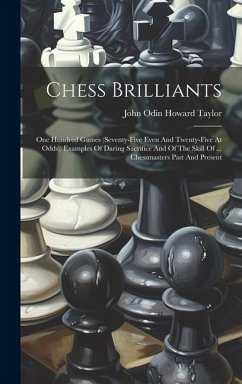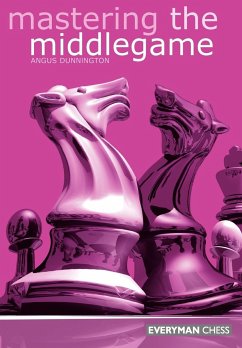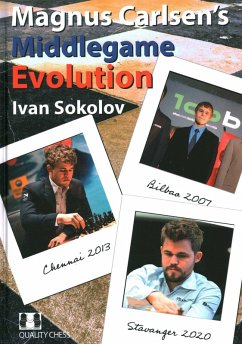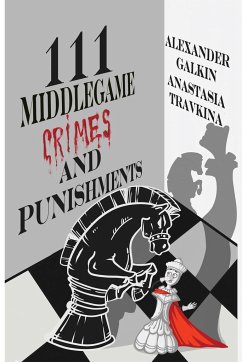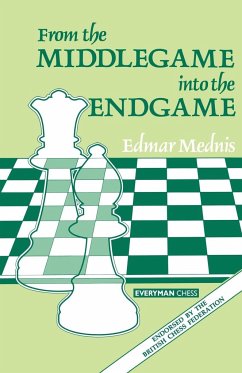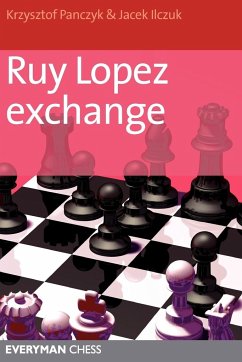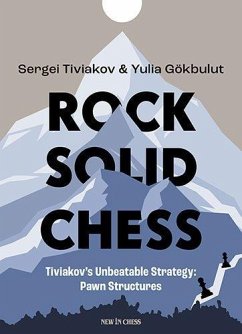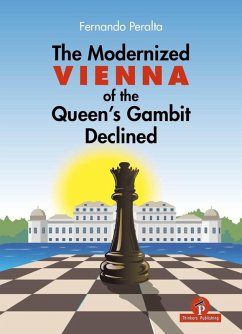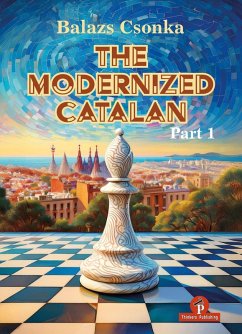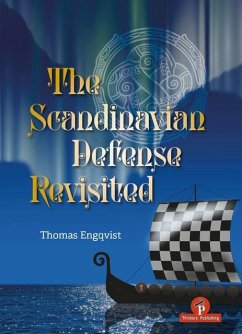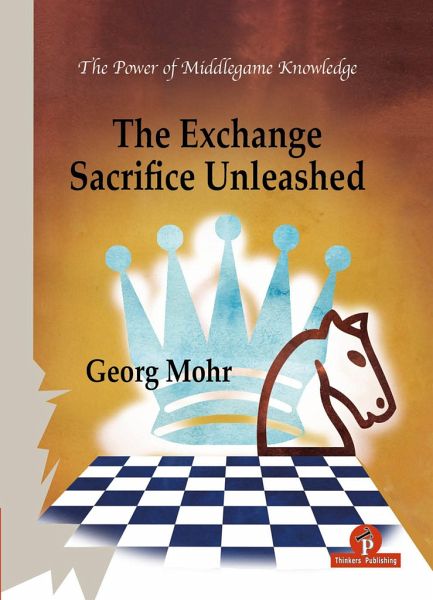
The Exchange Sacrifice Unleashed: Power of Middlegame Knowledge

PAYBACK Punkte
18 °P sammeln!
The book you have just started reading is about a very interesting and difficult concept: the exchange sacrifice. This is the moment in chess when basic mathematics breaks down, the moment when 3 counts equal to or even more than 5. So let us leave the mathematics aside and try to figure out why this simple calculation is so difficult to understand. The answer is largely hidden in psychology, as the ninth World Champion, Tigran Petrosian, has often told us, as the man who brought this strategic-tactical chess concept to its first peak. Chess beginners were taught the value of pieces by their t...
The book you have just started reading is about a very interesting and difficult concept: the exchange sacrifice. This is the moment in chess when basic mathematics breaks down, the moment when 3 counts equal to or even more than 5. So let us leave the mathematics aside and try to figure out why this simple calculation is so difficult to understand. The answer is largely hidden in psychology, as the ninth World Champion, Tigran Petrosian, has often told us, as the man who brought this strategic-tactical chess concept to its first peak. Chess beginners were taught the value of pieces by their teachers (parents, grandparents, perhaps at school or even later in the beginners¿ sections of chess clubs). We explain the difference between piece values to children in the simplest way possible, with the help of a unit of measurement, and in chess those units are the pawns. They tell us that a rook is worth five pawns (units) and a knight and a bishop are worth about three each. They also tell us to always be careful, especially during exchanges, to ensure we take at least as much from our opponent as he or she took from us. So, one rook at a time, perhaps for a bishop and a knight next to two pawns. This ¿chess thinking¿ is done quickly and very strongly subconsciously in most, one could even say all. Therefore, when choosing moves, we will automatically reject unfavorable exchanges. But who trades a queen for a knight, a bishop for a pawn, and the like? We know from our own life experience that it is better to have ten coins in our pocket than three, and I prefer three to one! This psychological barrier is the most difficult step in making the decision to sacrifice. And so it is with the sacrifice of an exchange. Five for three, that is! Even five for four, if we get a pawn for the rook along with the knight or the bishop. ¿I am not stupid,¿ you think. The Exchange Sacrifice Unleashed brings different games or coaches try to explain this and that to us, we see that a material advantage is not always something to celebrate about.



